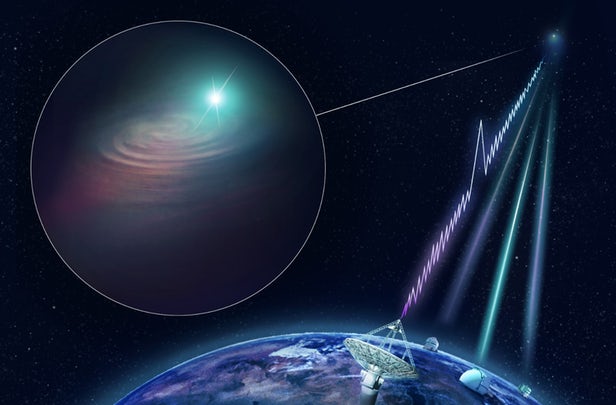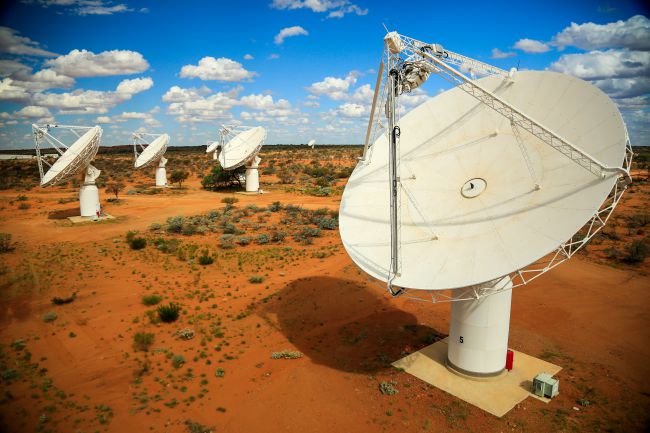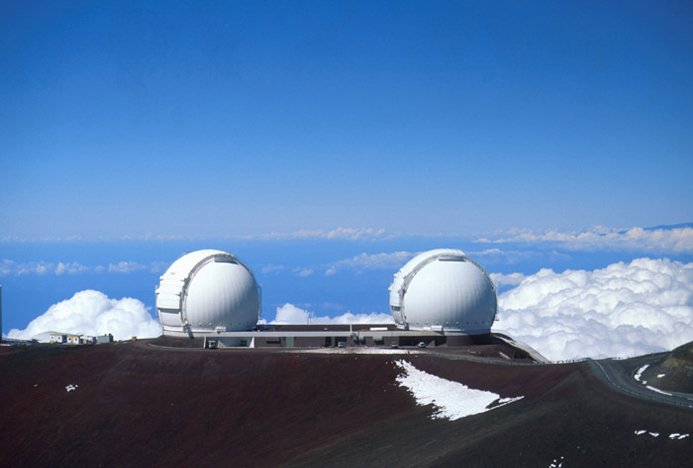Space is fascinating. Always has been, always will be. The sheer vastness and complexity of it easily trump any other natural phenomenon in terms of mystery. Over the past 50 to 70 years, mankind has progressed in leaps and bounds when it comes to understanding and explaining space, but we’ve still only been able to explore the tiniest fraction of the endless and colossal phenomenon called space. Even today, there are countless occurrences that have no plausible explanation.
One of these occurrences are fast radio bursts. First discovered in 2007, these bursts are one of the biggest mysteries of the universe. Fast radio bursts are extremely powerful radio signals which seem to originate from the far reaches of outer-space, and last for only a fraction of a second. While astronomers are still nowhere near close to explaining these bursts, they may have just gotten one step closer.

One such burst was detected in September 2018 by the Australian Square Kilometre Array Pathfinder, known as ASKAP. The ASKAP consists of 36 radio telescopes working concurrently to scan the sky for radio signals. All of this apparatus is located in a remote part of the Australian Outback, where radio interference is minimal. The burst traveled all the way from the other end of outer space and was detected by the ASKAP for just a fraction of a second in which ASKAP downloaded data from each of its 36 dishes. This particular radio burst was dubbed the FRB 180924. Using data from all of their own dishes, which allows them to calculate the difference in arrival time to each of the dishes to a one-tenth of a – wait for it – nanosecond, and data from similar radio telescopes in Chile and Hawaii, the team at ASKAP started to pinpoint the location of its origin. It was concluded that FRB 180924 came from a distant galaxy not too dissimilar to our Milky Way, named the DES J214425.25?405400.81. This is only the second time that a fast radio burst has been traced back to its origin. However, FRB 121102 had a completely different nature and area of origin so FRB 180924 could provide invaluable information to researchers.

For the full technical overview of this finding, be sure to check out the official journal post. So what causes these fast radio bursts to shoot across space? We can only speculate. Explosive neutron stars? Aliens? We’re definitely going with aliens (put on your tinfoil hats everyone, we’re going on a ride down Conspiracy Avenue).



